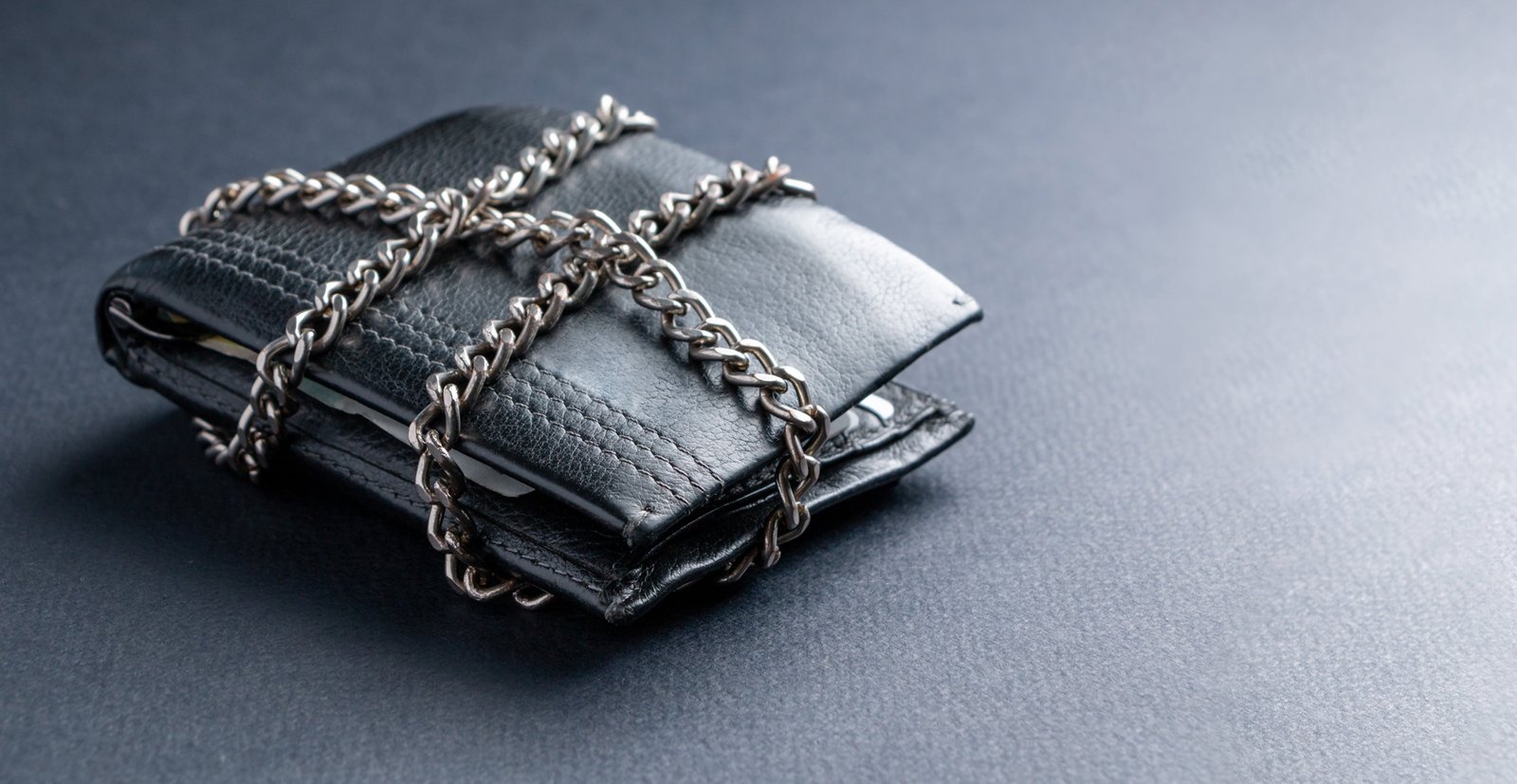
Fear and frustration: Europe’s wealthy keep wallets closed
Data shows that fear of infection is deterring wealthier consumers from splashing out.. ...
As coronavirus cases rise again across the world, spending data shows that fear of infection is discouraging many wealthier consumers in Europe from splashing out. This spells trouble for a number of retailers, luxury goods and leisure firms desperate to make up lost ground.
Consumer transaction studies in countries including Britain, Denmark, France and Sweden show a pattern also seen in the United States: even as shops re-opened, high-income consumers kept their wallets zipped up.
British consumers earning £40,000 ($51,250) or more after tax accounted for around 35% of spending in 2019, but 45% of the decline in the second quarter of 2020, a study of card transaction data by London Business School professor Paolo Surico and others showed.
“High-income groups spend in areas with a so-called ‘multiplier effect’ – non-essential services which employ lower-income groups,” Surico explained. “We want to engineer a situation where the young and the poor can save a bit more, and the older spend. But it’s happening the wrong way around.”
A comparative study by economist Asger Lau Andersen and others analysed spending from March to May by 860,000 consumers in Denmark, which imposed heavy coronavirus restrictions, and Sweden, which did not, but saw more infections.
The data showed spending in Denmark falling by just 4% more than in Sweden, and the elderly in Sweden cutting back more than the same age group in Denmark.
“Our interpretation is that the higher COVID incidence in Sweden made this high-risk group more cautious, despite stronger formal restrictions in Denmark,” Andersen said.
EARLY SIGNS
The resurgence of the virus, coupled with the winding down of furlough schemes in some countries, could further dampen demand on the lower-income side of the spectrum, particularly in sectors like grocery which until now have proved resilient.
Data scraped by analytics firm StyleSage from online clothing companies’ websites including Zara, Asos , Mango, Net-A-Porter and New Look in August showed 6-10% more products on discount than last year at 2-4% lower prices, as retailers pre-empt a fall in purchasing power.
Surico’s study of the UK, where a furlough scheme is being gradually phased out, showed those receiving government benefits returned to 2019 spending levels in June, while those not on government support remained 30% below last year’s levels.
Still, card transaction data from analytics firm Fable Data shows UK retail sales rose in August, recovering to just above 2019 levels by the end of the month. Consumers shifted spending from entertainment, leisure and transport towards cars, car maintenance, home improvements and sporting goods, it showed.
Grocery retailers are for now still benefiting from people eating in, rather than out. Sales of fresh fruit and vegetables in Germany at Aldi, Europe’s second largest grocery retailer, continue to be higher than usual, a spokeswoman said.
But in Portugal, where a steady rise in cases since June has led to partial lockdowns and a plunge in tourism threatening thousands of jobs, August figures already point to a contraction in grocery sales, according to Portuguese grocery network APED.
“Consumption doesn’t only go down because people are scared of going to shops,” head of APED Goncalo Lobo Xavier said. “It’s also their finances they are worried about.”
Reported by Victoria Waldersee
Sourced Reuters
For more Business news follow i-invest Online.
- Gemini, Google’s new ai model
 Google’s new ai model, Gemini was announced at the end of last year and is about ready to launch as everything is being finalised. Gemini is a powerful artificial intelligence (AI) model developed by Google. Unlike traditional language models, Gemini is multimodal, meaning it can understand…
Google’s new ai model, Gemini was announced at the end of last year and is about ready to launch as everything is being finalised. Gemini is a powerful artificial intelligence (AI) model developed by Google. Unlike traditional language models, Gemini is multimodal, meaning it can understand… - Human creativity meets machine precision
 By embracing a new fusion of AI time-saving tools and human finesse, marketers can look to the future feeling secure and confident, says Laura Lane of HubSpot In the world of marketing, AI still sparks a mix of excitement and raised eyebrows. As someone deeply…
By embracing a new fusion of AI time-saving tools and human finesse, marketers can look to the future feeling secure and confident, says Laura Lane of HubSpot In the world of marketing, AI still sparks a mix of excitement and raised eyebrows. As someone deeply… - CGIUKI Issues Warning To UK Corporate Boards
 CGIUKI warns that UK corporate boards need to step up their governance approach to be ready for artificial intelligence The UK corporate boards must get a move on to prepare for the challenges ahead. Developing effective governance for AI will be fundamental. The primary objective…
CGIUKI warns that UK corporate boards need to step up their governance approach to be ready for artificial intelligence The UK corporate boards must get a move on to prepare for the challenges ahead. Developing effective governance for AI will be fundamental. The primary objective… - Budding entrepreneurs likely to ignore important financial warnings
 Wannabe entrepreneurs are highly likely to ignore poor financial performances in order to pursue their dream, according to new research by emlyon business school and ESC Clermont Business School. The researchers found that in the early stages, new entrepreneurs are so blinded by their dreams…
Wannabe entrepreneurs are highly likely to ignore poor financial performances in order to pursue their dream, according to new research by emlyon business school and ESC Clermont Business School. The researchers found that in the early stages, new entrepreneurs are so blinded by their dreams… - Businesses unintentionally discourage diverse ideas
 Businesses influence the ideas they receive from external contributors by unintentionally signalling which ideas they like, finds research from ESMT Berlin and INSEAD. This leads to a narrow set of non-diverse ideas. Professor Linus Dahlander from ESMT Berlin, alongside Professor Henning Piezunka and PhD candidate Sanghyun Park from…
Businesses influence the ideas they receive from external contributors by unintentionally signalling which ideas they like, finds research from ESMT Berlin and INSEAD. This leads to a narrow set of non-diverse ideas. Professor Linus Dahlander from ESMT Berlin, alongside Professor Henning Piezunka and PhD candidate Sanghyun Park from…
